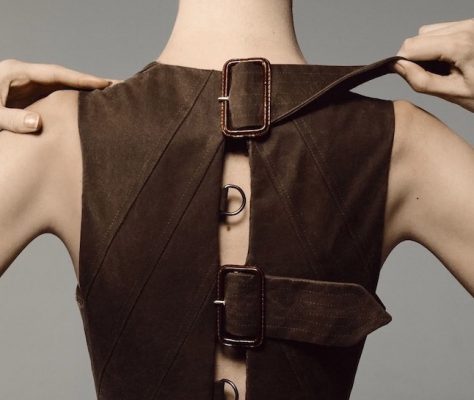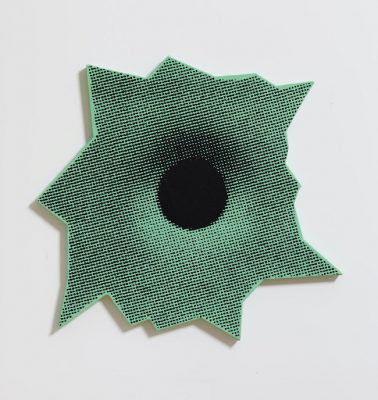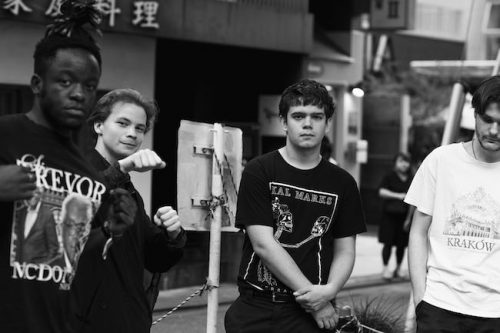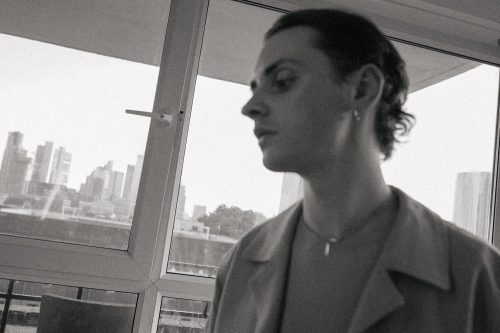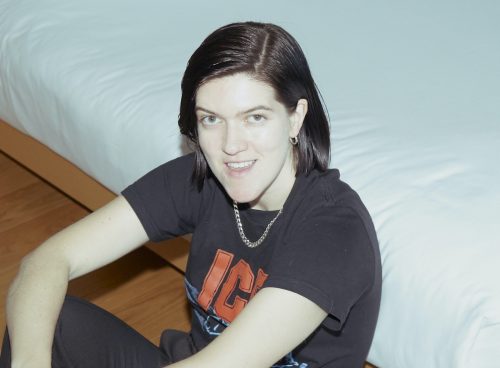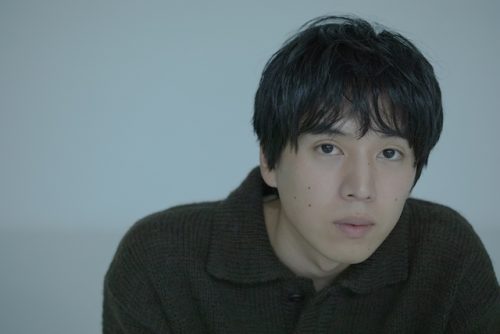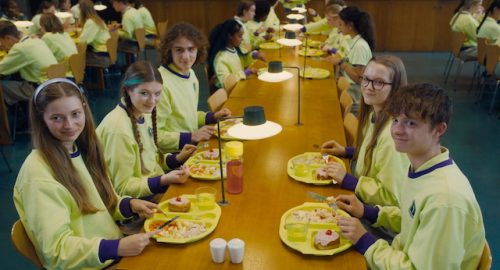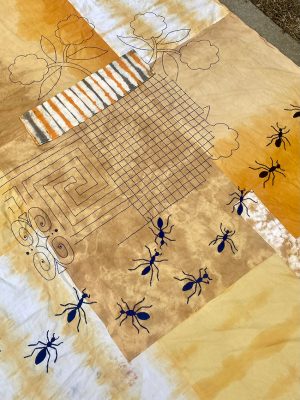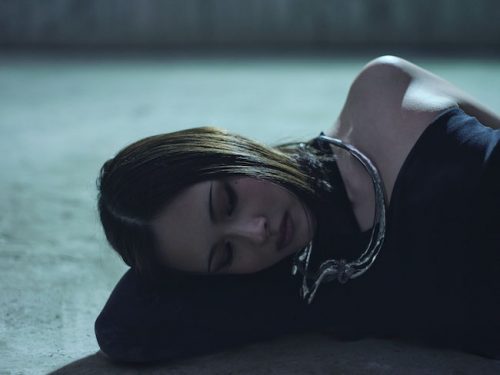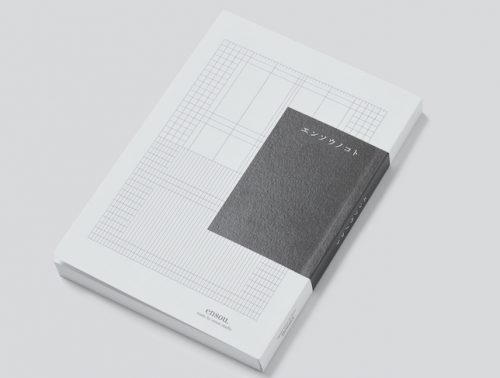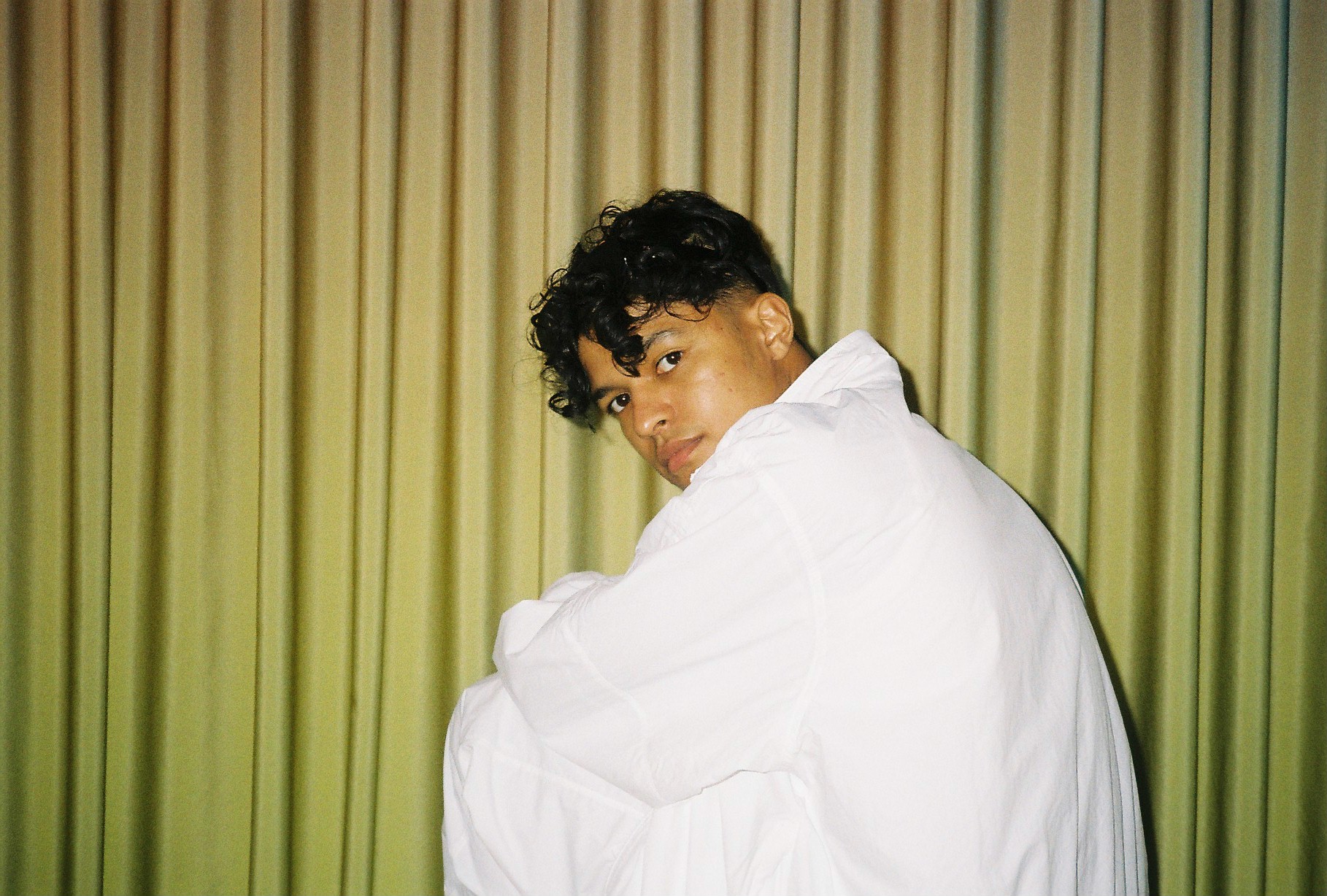
――Nice to meet you. How do you feel to be here in Japan for the first time?
Kamal.: It’s amazing. It’s very surreal that music is the reason that I’m here. It’s crazy that it’s brought me this far, but also, it’s just sort of soaking up another culture that is always an amazing experience.
――I would like to start by asking you a little bit about your background. Where did you grow up?
Kamal.: I’m from London. Born and raised in North West London, Harlesden. I’ve been living in the same house my whole life. I feel like proper part of my identity is like the sort of mesh of cultures there. It really has impacted the person I am in a positive way.
――When did you start playing music?
Kamal.: I started playing piano when I was six years old. I started on classical piano and that gave me the basics of learning how to put together chords. Once I figured the basic chord progression like C, F, G, I realized you can just repeat that and you can sing loads of different pop songs over just those same chords. I was like, that means you can write loads of different songs over the same chords. So I was writing songs from pretty young.
――That’s amazing you learned that pretty quickly.
Kamal.: Yeah, and I think I wanted to do it from when I was really young as well. I always said my plan was to go to university and to do music on the side. But I ended up just not going to university and doing music wholly instead.
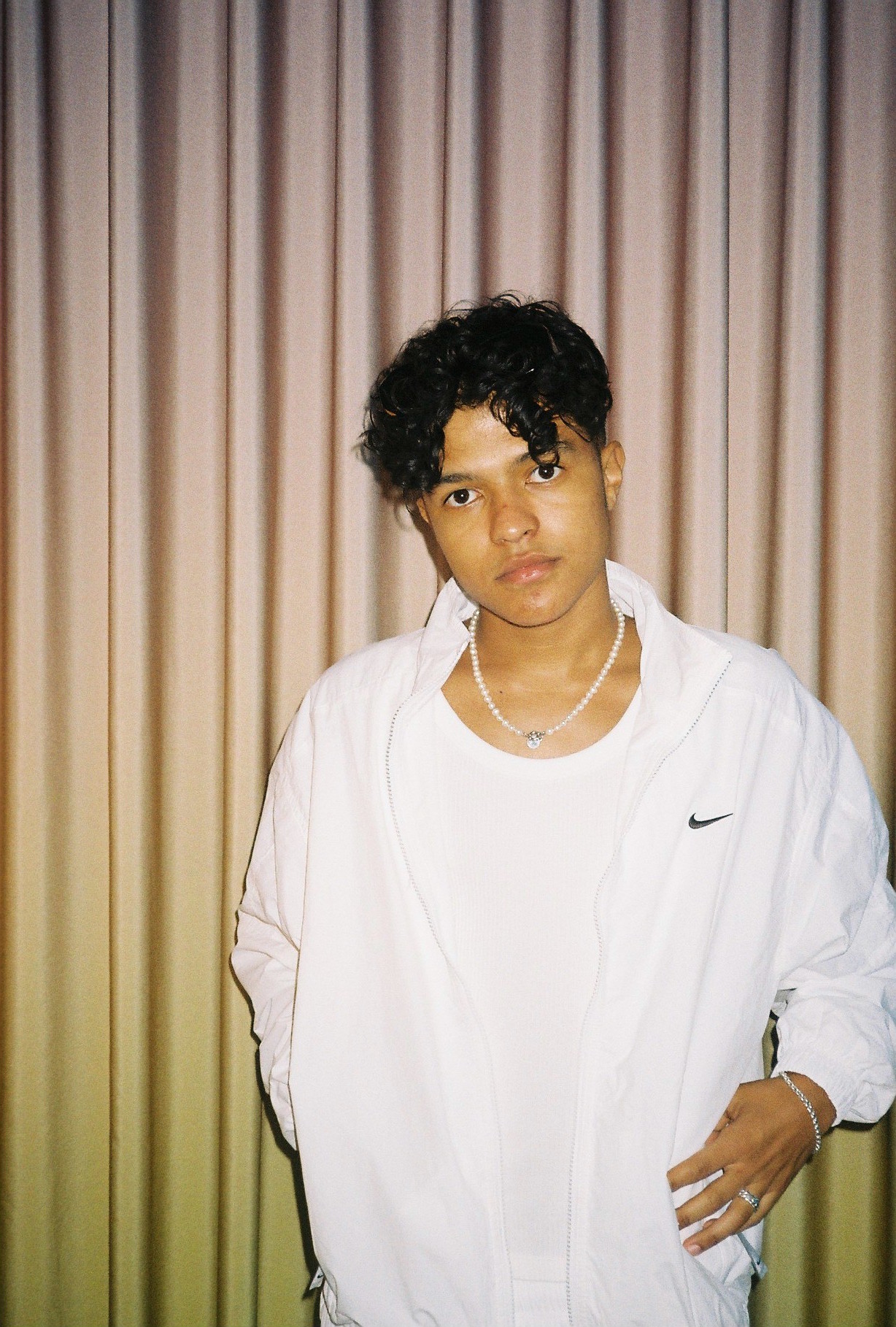
――While you started playing music by taking classical piano lessons, what other kind of music did you grow up listening to?
Kamal.: It was proper mix of things. My parents always say that they played Beethoven while my mom was pregnant with me, because apparently, they read a study that it would make you smarter baby if you listen to classical music in the womb [laughs.] Also, a lot of hip hop. My dad’s really into hip hop. I remember walking into the house and hear 50 Cent, but when I got inside the house, he would turn it off and he was like, “Too many swear words in it” [laughs.] And Erykah Badu… There are lots of people. I feel like there’s almost too many to think of in an instant. But I think a large mix from my dad. My dad is definitely sort of the person who fed me with the music when I was that age. I think I’ve inherited a lot of his taste.
――You mentioned that you figured out songwriting quite early. So when did you actually start writing songs?
Kamal.: I was getting ukulele lessons in primary school. That was sort of like the baby guitar, but I don’t want to dis any ukulele lovers [laughs.] It’s still an instrument. But that’s sort of how I did it at the time as a simplistic version of them, because it’s only four strings, the shapes of the chords are quite easy to play. Again, that was a big step for me. So rather than just having that as a tool to write songs, I think I was taking it relatively serious from about the age. I think I must have been in about year six, so I must have been about 12.
――What was the first song that you released?
Kamal.: In 2019, I had a song called “decline” out and a song called “smilingdownthephone.” I started recording properly once my manager really found me on SoundCloud when I was 16. I was still in school at the time, so I’d do sessions on weekends. And from there, I just fell in love with the process and really just committed to it. It’s been one of the best things I’ve done in my life so far.
――I read that you went to the BRIT School. There are many successful artists who went there, but how was it like for you?
Kamal.: It’s great for the resources and the networking… I said networking, but we were just kids at the time so it was just making friends. But you come out of the school and you realize that now I have a friend who can take brilliant photographs and make short films, I have friends who can produce songs for me, I have friends who can play different instruments to put in for a session if I need. I think that’s a great part of it is just feeling connected in London to the creative scene in general.
――Were you still in school when “homebody” went viral?
Kamal.: Yeah, I was still in school. I graduated at 17 because COVID cut the year off short.
――I found it quite interesting that you actually wrote “homebody” before the lockdown. But it really spoke to many people during that time.
Kamal.: I wrote it as a metaphor for being withdrawn and being in my head a lot, rather than literally being in my home. Bits of it were about literally feeling like you’re an introvert and had to stay at home, but a lot of it is more about feeling almost alone in your own thoughts. It’s almost to describe being around people and still feeling like the only place you’re truly comfortable was within your own mind. And there’s a sort of layer between that and the reality that you’re perceiving sometimes. It was a coincidence that came out at that time, and then we were also actually homebodies by force. But I think I’m thankful for it. It’s one of the few things in COVID that I can say I’m thankful for, and I’m happy to have a small silver lining from such a horrible thing that I can sort of take from it.
――How did you feel when it went viral?
Kamal.: It was an amazing feeling. But also, I felt like I’m almost to blame, like I predicted it [laughs.] But yeah, I’m hugely appreciative of the fact that it could help people through that time, and people could connect with it for that reason.
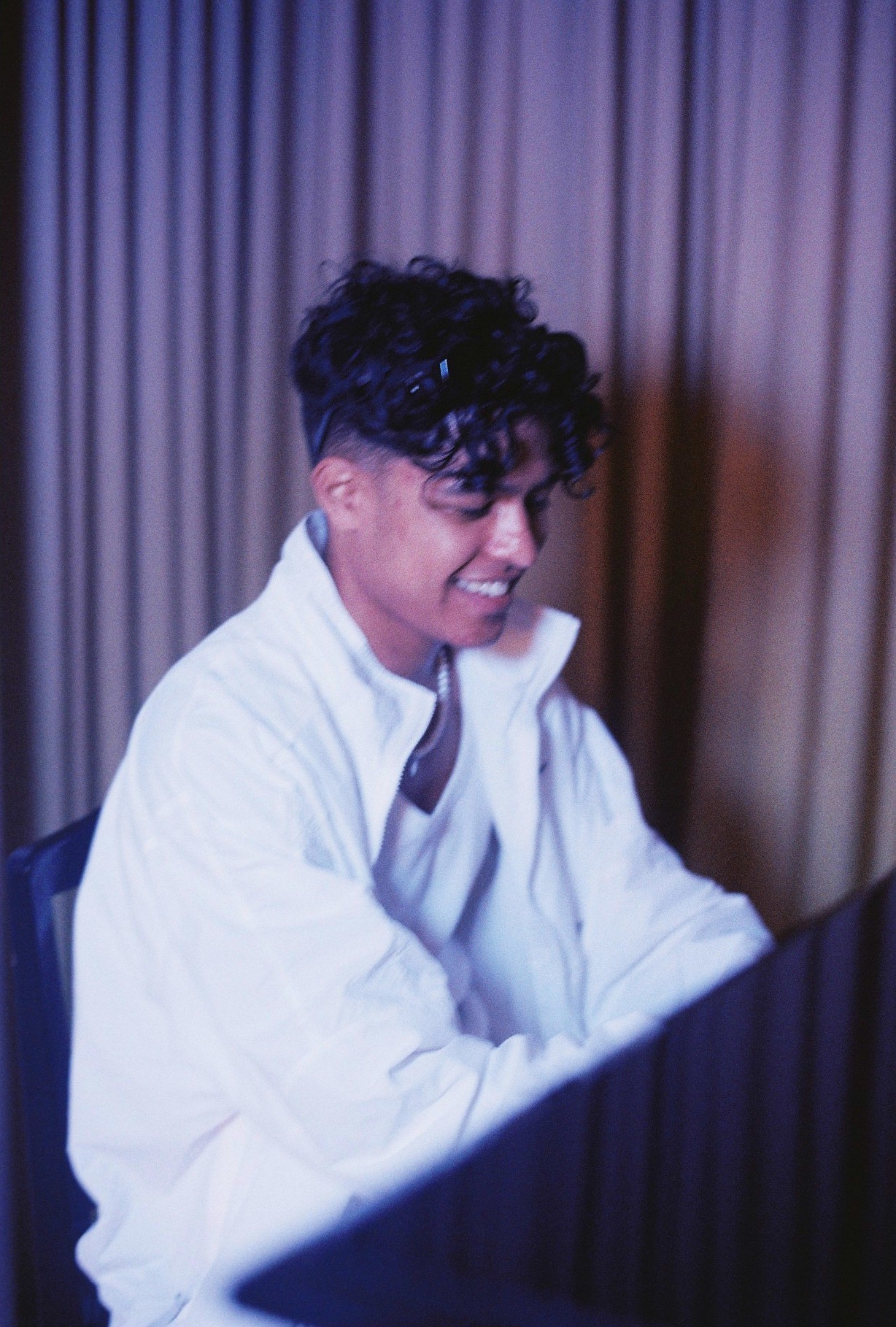
――I assume that a lot of your first EP “war outside” (2021) was written during the lockdown?
Kamal.: Yeah, it was definitely in that vein. A lot of it is quite somber and melancholy sounding, and I think it’s a result of the headspace I was in because of it. I think I was feeling quite anxious, more anxious than I had felt previously in previous years.
――I guess we all did.
Kamal.: Yeah, for sure. I think a lot of people could relate to that again. I think I almost wanted to reflect the headspace and that sort of intimate, stripped back acoustic vibes. A lot of those songs were actually done on the Zoom sessions.
――Some of your songs are about social anxiety. Are they based on your own experience?
Kamal.: Definitely based on my own experiences, and also, I think the fact that I have so many friends who have similar experiences. It’s proper sad thing, but I think it makes it even meaningful to speak about in music and media in general. And a lot of the time, I’m branded as almost a spokesperson for anxiety. It’s not a purposeful thing whatsoever. It’s just part of me being honest in my music, which is how I like to express. And I think they’re some of the most therapeutic things to share through music as well. So a lot of it’s quite selfish, rather than me actually taking a stand. It’s more of me just trying to work through my own stuff.
――But you make beautiful songs from it.
Kamal.: Yeah, it’s a bonus [laughs.]
――Now the lockdown is over, what was it like for you to make the new mixtape “so here you are, drowning”?
Kamal.: It was great. I really enjoyed to be able to branch out socially and make new connections within the music industry. I’ve worked with a few writers who I really respect and some producers who I’ve had a great time collaborating with like J Moon, Fred Ball, Jonny Coffer and Congee. They’re all sort of people that I’ve really enjoyed engaging with and bouncing off musically, and I think having people to share your ideas with who compliment them or critique them is a really important part of growing as an artist. So I’ve been thankful for to be able to do that coming out of lockdown. And also, I think just in general diversifying my sound has come hand in hand with that, because I’ve been collaborating with different people, I’ve been getting different influences and more production led songs that I previously recorded. And I think that’s evident on the on the recent mixtape.
――I read this mixtape is inspired by a book. Could you talk about that?
Kamal.: That book is called “Open Water” by Caleb Azumah Nelson. I actually sampled his voice reading a passage out of it on the last song on the tape called “drown.” There were just a lot of parallels in his experiences in the book and my experiences that I’m talking about in the tape. It’s about love and relationships, but specifically as a young person, specifically as a minority, and specifically black love in his book. I think I just connected with a lot of the themes in it in a way that felt so personal that I was like, this almost speaks for me. So I can use the passage of it hand in hand in my own voice, and it doesn’t feel disjointed at all. I think everyone should check that out if they haven’t. It’s a really great book. It got me back into reading again, and since then, I’ve been reading more.
――The author must be thrilled that you’re inspired by his book to make music.
Kamal.: I reached out to him and asked him if he would speak on the tape. And he was proper excited about it. Great thing about that book, as well as it’s very connected to music itself, he references a lot of songs, references people like Solange and a lot of other artists that I sort of quite look up to. And because I liked his music taste, it was an honor to be able to do something with him related to music.
――You are only 20 now, and it seems that things happened really fast for you. How have you managed to stay grounded?
Kamal.: I think I’ve stayed grounded by being around the same people. They are people that have known you before of this, so if you’re moving weird, they’d be like, “Come on, that’s not you.” And I think that’s important. Also, I think still being around my family often, although I’m moving out soon. So we’ll see how it goes after that [laughs.] But yeah, I think I’ve stayed grounded just by not overthinking it, trying to still treat music as my little thing that I do to express, rather than this big thing that people care about.
――Do you still live in that room in the “homebody” video?
Kamal.: Yeah. I still live in that room. But actually, interestingly, that room in the music video is a remake of my room, but it’s identical. So they came to my house with a big van, and they took all the stuff from my room. And they rebuilt the proportions, painted the walls blue, added in the wardrobe and everything. They completely rebuilt my room, which is very freaky to be in my exact room but in a warehouse. It was an interesting experience [laughs.]
――What’s next for you?
Kamal.: I can’t speak too much on it yet. There are a few collaborations which I’m quite excited about.
――Do you constantly write music?
Kamal.: It’s an everyday thing for me, I sort of breathe it [laughs.] It’s like every night I’ll be writing, everyday there’ll be a need. If it’s not a whole song, there’d be a snippet or a hook or chord progression or something. I definitely cling on to it as a way to express my feelings. I think there’s times where I’m like, let me do something purposeful, let me make a project or let me make a song about this specific thing. But if it’s not that, I’m making stuff anyway.
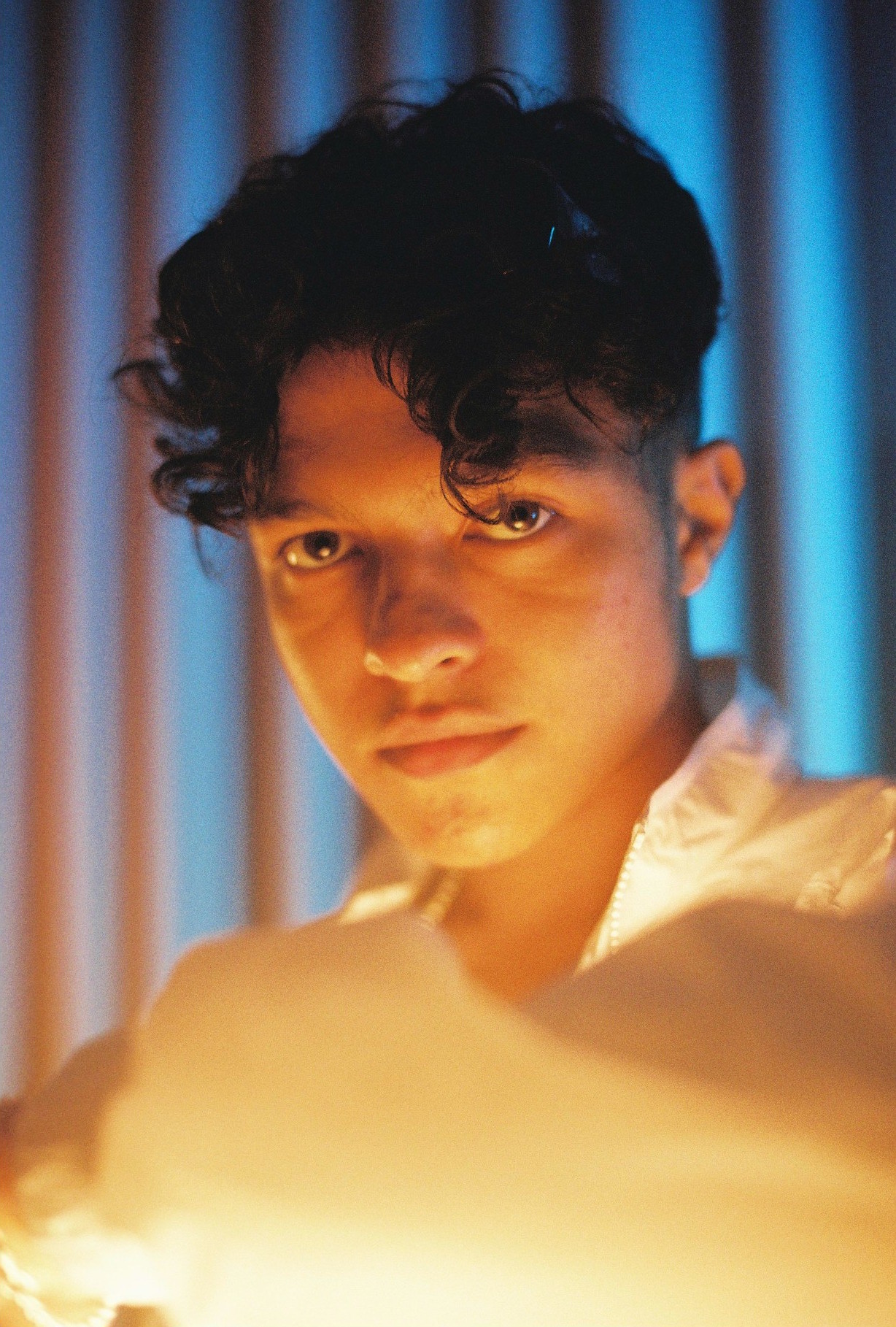
photography Kotetsu Nakazato(https://www.instagram.com/kotetsunakazato/)
text nao machida
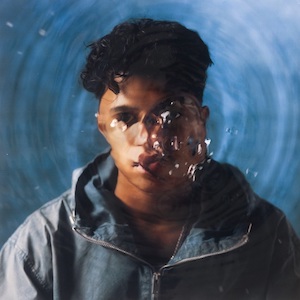
Kamal.
『so here you are, drowning』
https://virginmusic.lnk.to/shyad
https://www.virginmusic.jp/kamal/




